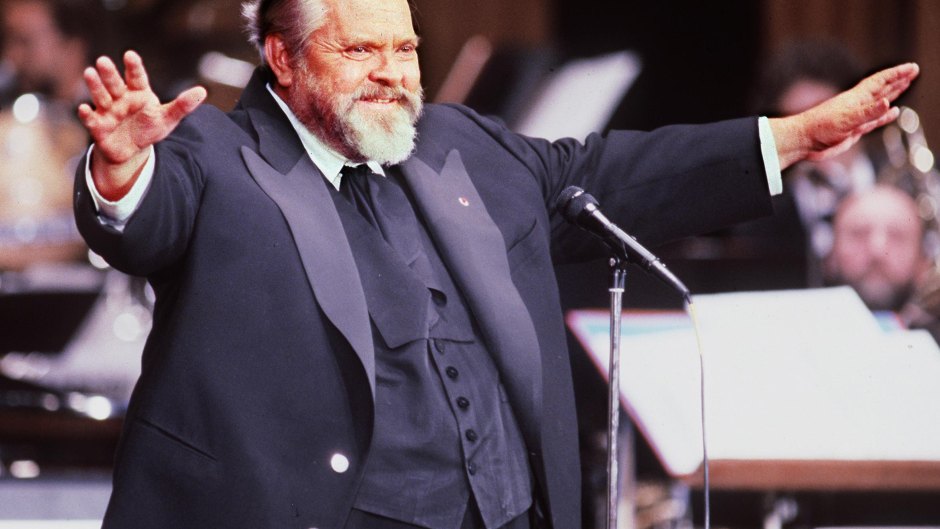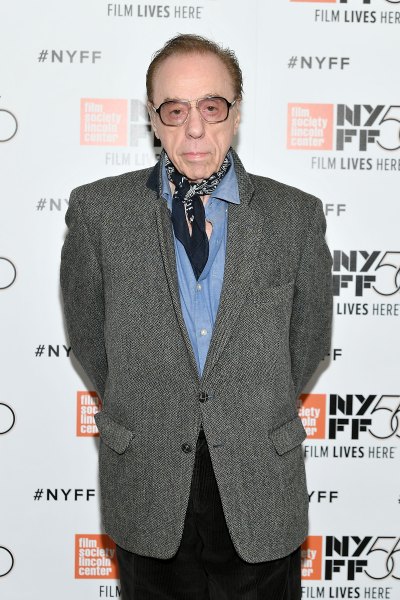
Getty Images
Orson Welles’ Final Passion Project Set To Be Released This November (EXCLUSIVE)
One day in 1970, Peter Bogdanovich got a call from Orson Welles. “What are you doing on Thursday?” the legendary director asked. The neophyte explained he was flying to Texas to shoot what would become his breakthrough, The Last Picture Show, but Orson insisted he also act in a film called The Other Side of the Wind.
“He said, ‘Your flight’s at three? Meet me at the airport at noon,'” Peter exclusively told Closer Weekly in the magazine’s latest issue, on newsstands now. Seven years later, Orson and Peter were still shooting Wind. During the film’s sporadic production, Peter switched roles, from a journalist who interviews an iconic director (John Huston) to one of his protégés — a part originally played by impressionist Rich Little.

Peter at the 56th New York Film Festival. (Photo Credit: Getty Images)
“Orson wasn’t happy with him,” Peter explained. “He said, ‘Rich can’t act!'” More than four decades after Orson and Peter stopped shooting Wind, it’s been finished by producer Frank Marshall (Jurassic World) and will be available on Netflix Nov. 2, along with They’ll Love Me When I’m Dead, a documentary about its chaotic backstory.
After winning raves on the film-festival circuit, the movie could earn Orson an extremely posthumous Best Director nomination at next year’s Oscars. His sole previous Academy Award nods came for writing, directing, and starring in his 1941 debut, Citizen Kane, considered by many to be the greatest film ever made.
The Other Side of the Wind was only one of several projects Orson started and never completed before his death in 1985, and it had deep personal meaning to him. John’s character, a cinematic trailblazer fighting to stay relevant in the “New Hollywood” of the 1970s, bears more than a passing resemblance to Orson.

Orson in ‘Citizen Kane.’ (Photo Credit: Getty Images)
“We were having lunch one day in the early ’70s, and he turned to me and said, ‘If anything ever happens to me, I want you to finish the picture,'” Peter remembered. “I promised him I would.” Now that this vow has been honored, “I think Orson would be very happy,” Peter added. And that’s what we’d call a true Hollywood ending.
For more on Orson Welles pick up the latest issue of Closer Weekly, on newsstands now — and be sure to sign up for our newsletter for more exclusive news!








































